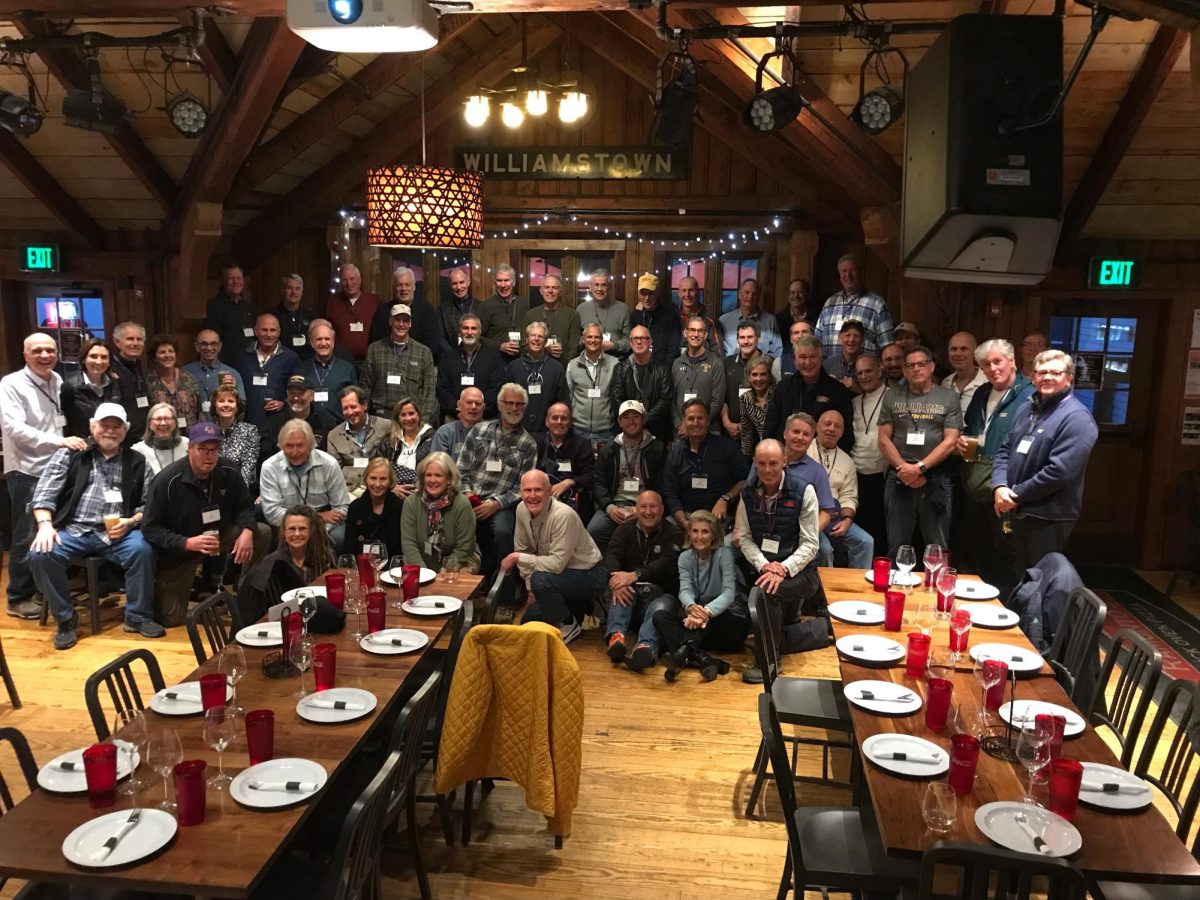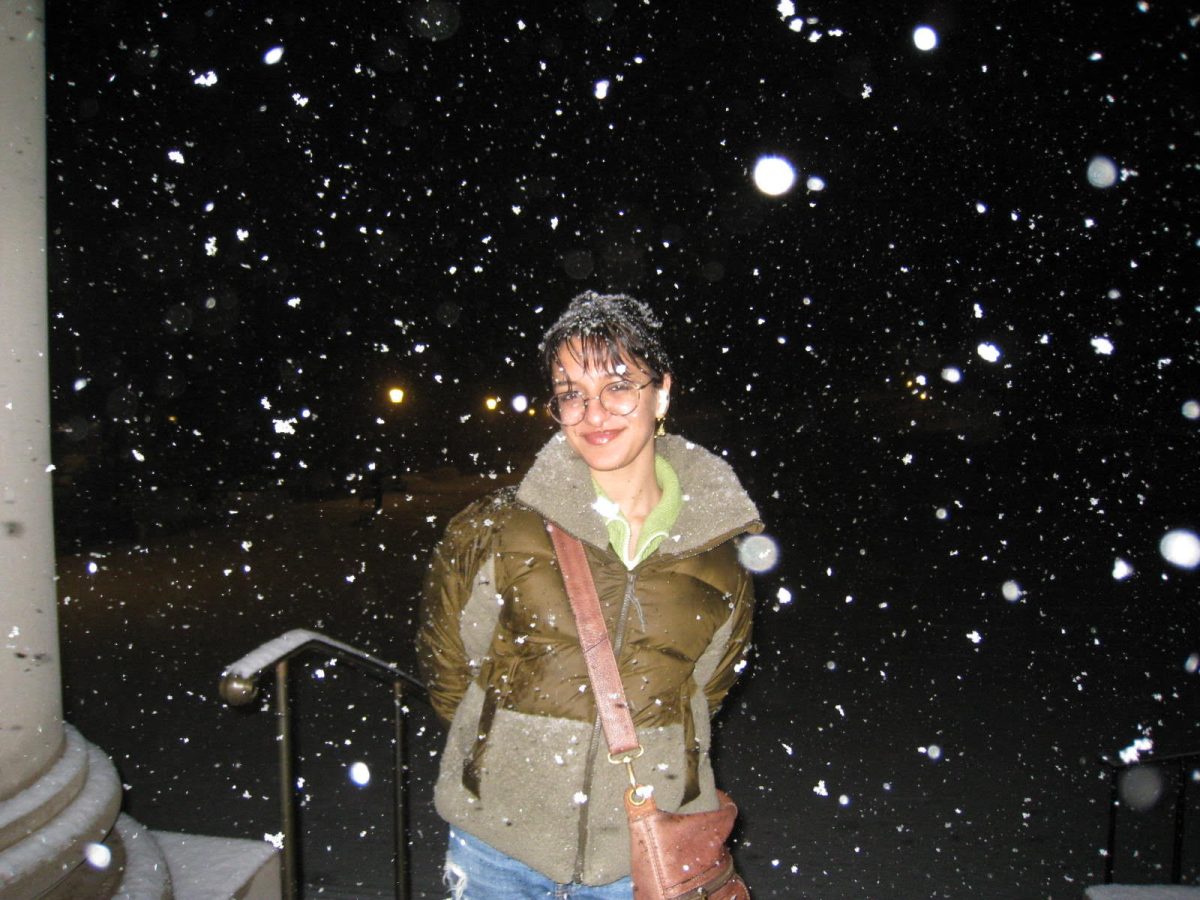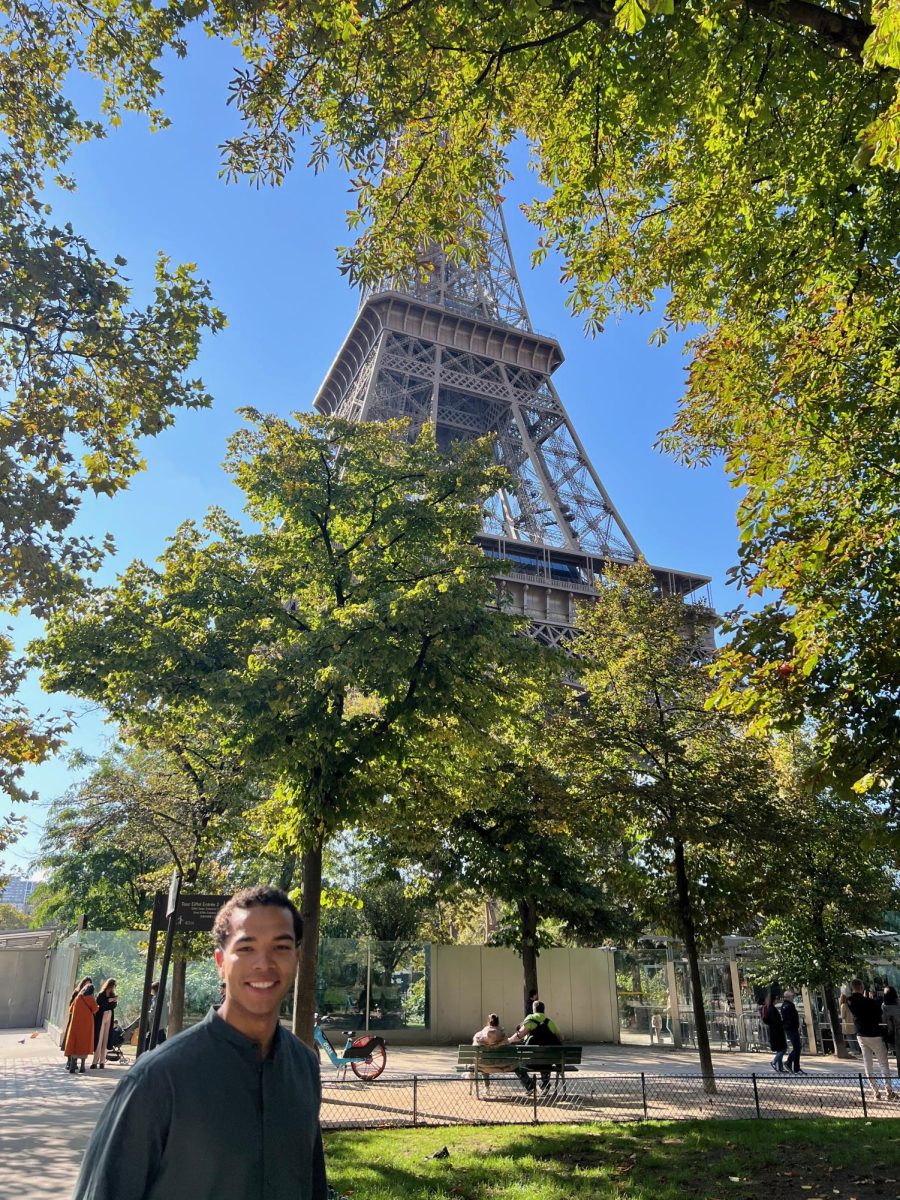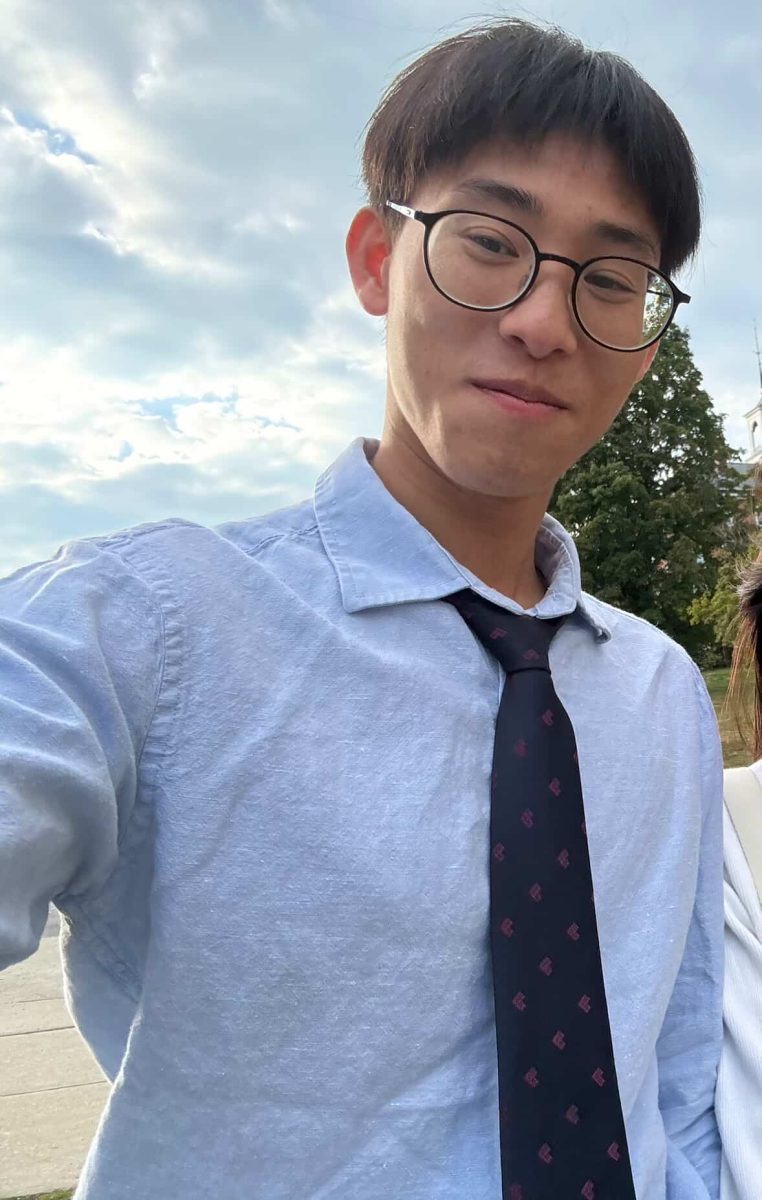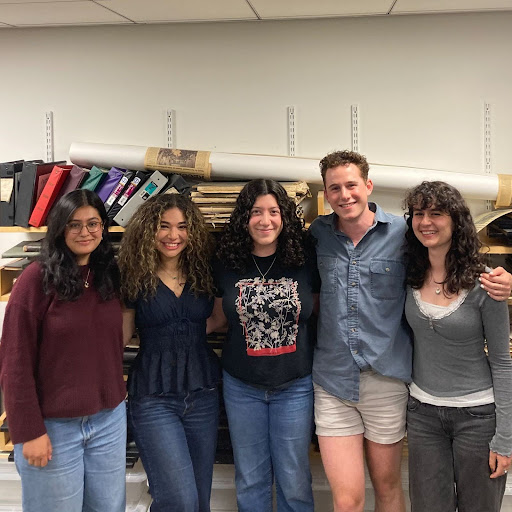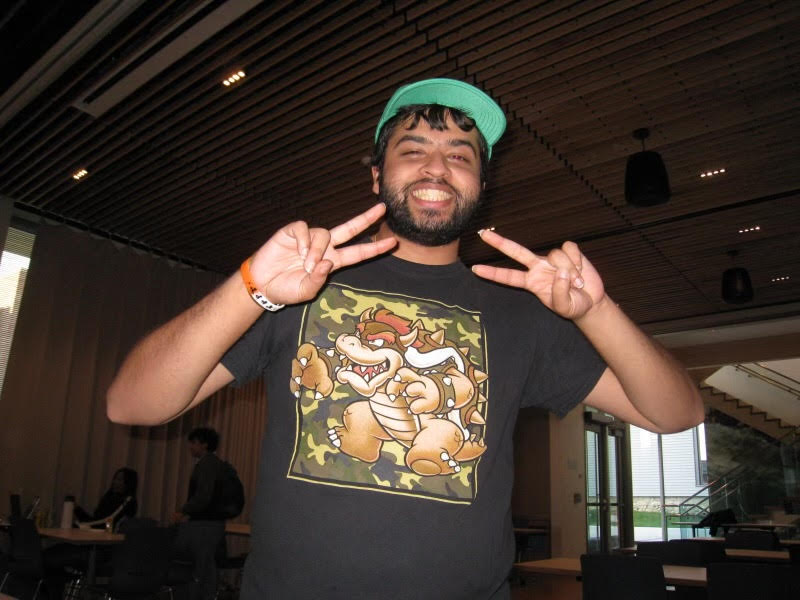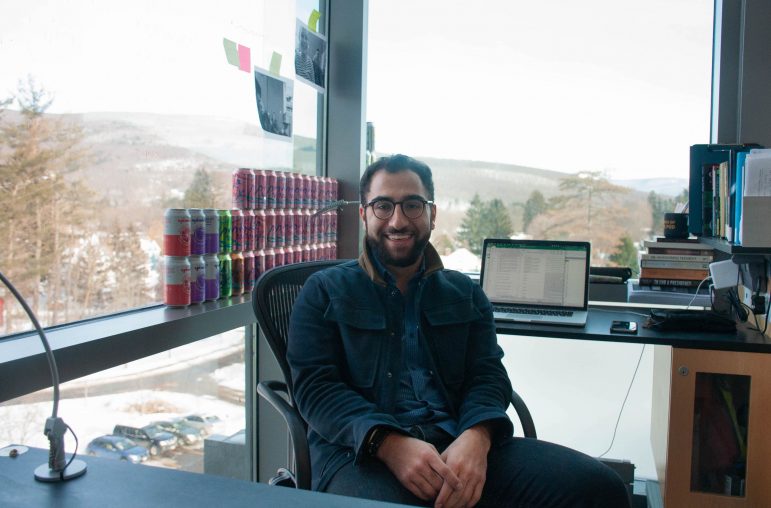
I first met Jad when we were both members of the College’s honor committee, and now I have the honor of being his friend. We sat down to chat about his theses, the great state of Ohio and the best bad joke he knows.
NG: Many of us on campus know you as a pretty smart guy – a nationally-ranked high-school debater, for example – but I was wondering if you could tell us about your other big ranking in high school.
JH: In high school, I played a lot of iPhone games, most notably Candy Crush, and I actually held the global top score in Candy Crush for almost two days.
NG: Are you still really into iPhone gaming?
JH: That’s dropped considerably now that I’ve transitioned to Netflix as a way to procrastinate. I didn’t really watch Netflix in high school, so that was a big alternative for me. It was also really easy to play in class.
NG: Speaking of other work that you’re procrastinating on, I hear you’re doing two theses – not just one, but two – one in economics and one in political science. What are they about?
JH: My thesis in political science investigates how dominant frames of both legal and political dynamics evolved over the course of three discrete instances of presidential impeachment – under Andrew Johnson, who followed Lincoln, and then under both Richard Nixon – who was not formally impeached, but the proceedings and process were set up in a way that would facilitate that – and then under Bill Clinton. [It also investigates] how dominant frames of legal context and understanding of presidential behavior and executive overreach changed and fed into one another as a sort of continuous loop that ended up creating the situation of impeachment that we’re in today. We have attention between popular discourse surrounding Trump’s impeachment and the really challenging political dynamics that make impeachment tricky institutionally.
NG: And what is your economics thesis about ?
JH: My thesis in economics is looking at the effect of the U.S. News and World Report’s rankings on student matriculation to Williams. So basically trying to unpack the college choice portfolio decision that students face by thinking about rankings as a way for students to overcome information constraints. The idea would be that certain students respond more heavily – or have a higher elasticity – to a change in a college’s rank over time, and that effect will be reflected in the probability, on a student level, that a student matriculates to Williams.
NG: I think the other thing people on campus really know you for is that you’re from Ohio. What makes Ohio so great, in your opinion?
JH: On one of my JA excursions last year, a JA from Minnesota kind of called me out for referring to Ohio as part of the Midwest. Ohio is kind of this weird place; it doesn’t really have an appropriate spot. It’s not New England, it’s kind of Midwest but not really – I’ve kind of resorted to just calling it Rust Belt. But it has this weird sort of small-town vibe no matter where you go, which I think is pretty classically Midwest. It’s really friendly, but then also just kind of weird. The people there tend to be very different, and I think that’s just a function of both demographics and the almost insular nature of the state. There’s not really a lot that goes on outside Ohio that comes into Ohio – it’s very much a bubble. People often make fun of people from Ohio, and the Midwest in general, but people from Ohio especially, for saying “pop” instead of soda, which is something I didn’t even realize was an idiosyncrasy till I came to Williams. Just little things like that give me a lot of state pride. And people just don’t like Ohio for a lot of reasons – our sports suck pretty consistently, aside from the whole Lebron era, so that shared experience of being bad professionally at sports sort of breeds a lot of camaraderie among Ohioans.
NG: You are from Canton, though, home of the National Football Hall of Fame.
JH: Canton’s biggest legacy other than soybean farms.
NG: Speaking of food – soybeans, I know, a tough transition there, but we’ll make it work – I hear you’re a Hot Tomatoes fan.
JH: I am. So, my best friend on campus, Alex Jen [’19], and I really got into Hot Tomatoes during our freshman fall. We had this tradition where we went to Hot Tomatoes every single Sunday freshman and sophomore year while we were on campus – which was kind of wild, especially given the fact that Williams weather is not always conducive to sitting outside. But we would go to Hot Tomatoes every single Sunday at about noon, sit on the wooden bench right in front and eat our pizza. It wasn’t amazing pizza, but it was a pretty cool experience just to do and have something pretty weird. I remember he would put it on his Snapchat story, back when he actually used Snapchat – now he’s one of those Instagram story guys, God love him. It was a really great bonding experience for Alex and me.
NG: You’re known also as the guy who gets removed from the JAs to the class of 2022 GroupMe really often for your bad jokes. (For the unfamiliar, Jad is removed on an almost weekly basis.) Do you have a favorite bad joke?
JH: I do. I also do improv, which is funnily on my resume, so sometimes people will – especially people who work in finance who don’t really understand jokes – see “Treestyle Improv” and say, “Tell me a joke!” So the joke I have goes like this: What is the difference between a piano, tuna and Superglue?
NG: You can tune a piano, but you can’t piano a tuna?
JH: That’s actually the line. You can tune a piano, but you can’t piano a tuna. But half the time, people are like, “Oh, what about the Superglue?” And my response, of course, is, “I knew you’d get stuck there.” It’s a pretty bad joke, but it’s relatively tame, so if someone asks me to tell them a joke, I always have that in my back pocket. I’m not a big knock-knock joke guy.
NG: And finally, what’s something you haven’t done yet that’s on your Williams bucket list?
JH: I want to have a beer with a professor. That’s always been something that I’ve thought of as so classic “liberal arts college,” especially “liberal arts college senior,” so I’m hoping that that develops throughout the semester.




